Unraveling the Threads of Societal Evolution: From the Past to the Present
Introduction: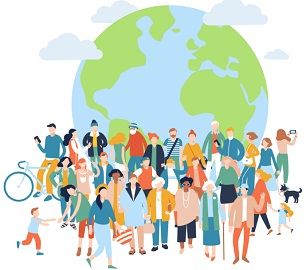
The story of human society is a tapestry woven with threads of change, adaptation, and progress. From the dawn of civilization to the complexities of the modern world, the journey of societal evolution has been marked by significant milestones and transformative shifts. By tracing the trajectories of social development across history, we gain insights into the forces that have shaped our collective existence and continue to influence our present and future.
- Early Human Societies: Foundations of Civilization
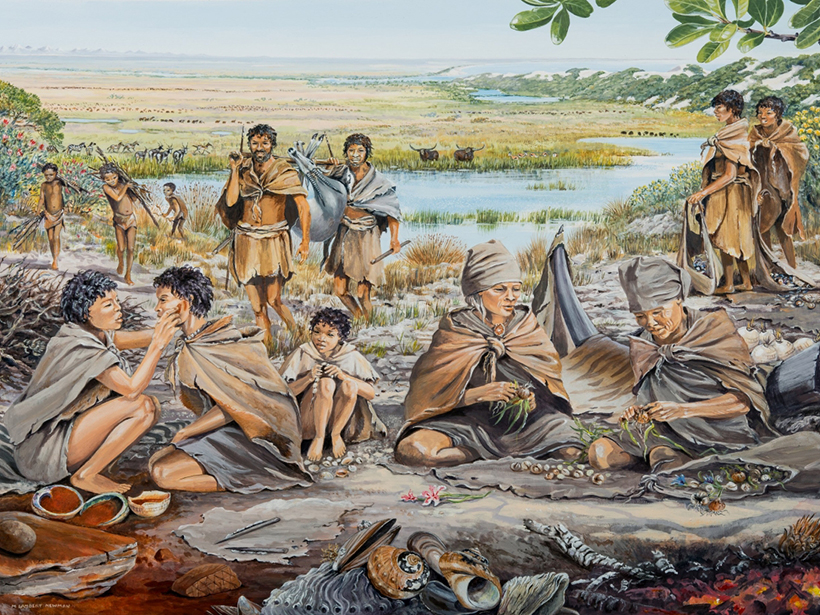
- Hunter-gatherer Communities: The emergence of early human societies centered around the basic necessities of survival—food, shelter, and security. Hunter-gatherer communities relied on cooperation and shared resources to thrive in diverse environments.
- Agricultural Revolution: The transition from nomadic lifestyles to settled agricultural societies revolutionized human existence. The domestication of plants and animals enabled the development of permanent settlements, leading to the birth of complex social structures and the division of labor.
- Ancient Civilizations: Seeds of Civilization
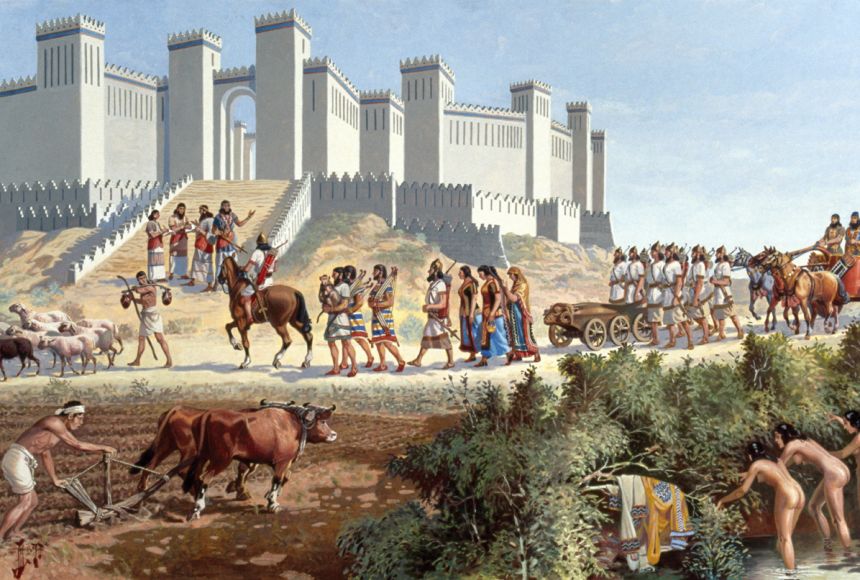
- Mesopotamia and Egypt: The fertile lands of Mesopotamia and the Nile Valley witnessed the rise of some of the world's earliest civilizations. These societies laid the groundwork for urbanization, writing systems, and centralized governance, laying the foundation for future developments in governance and culture.
- Classical Greece and Rome: The city-states of ancient Greece and the vast Roman Empire contributed to the evolution of governance, philosophy, and law. Concepts such as democracy, citizenship, and the rule of law emerged, shaping the political ideals of subsequent generations.
- Medieval Period: Feudalism and the Middle Ages
- Feudal Society: The medieval period was characterized by feudalism, a social system based on land ownership and loyalty to feudal lords. Serfs worked the land in exchange for protection, while nobles held power through a hierarchical structure.
- Rise of Commerce and Urban Centers: Despite the dominance of feudalism, the medieval period saw the growth of commerce and the emergence of urban centers. Trade routes expanded, fostering cultural exchange and economic growth, laying the groundwork for the transition to a more mercantile society.
- Renaissance and Enlightenment: Seeds of Modernity
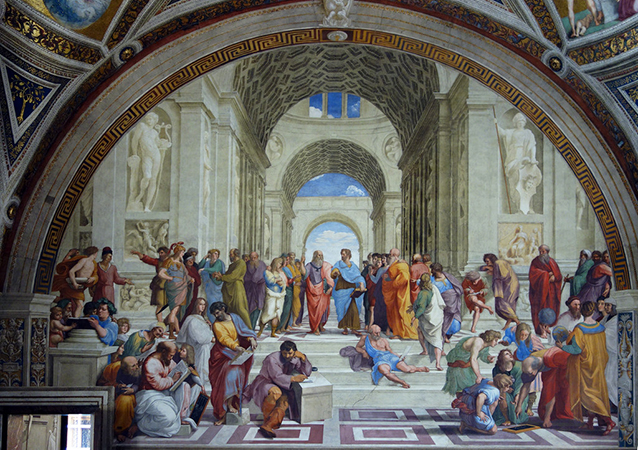
- Renaissance: The Renaissance marked a rebirth of learning, art, and culture in Europe. Humanism emphasized the importance of individualism, reason, and inquiry, challenging traditional authority and paving the way for intellectual revolutions.
- Enlightenment: The Age of Enlightenment further advanced the ideals of reason, liberty, and progress. Thinkers such as John Locke, Voltaire, and Jean-Jacques Rousseau championed concepts of natural rights, separation of powers, and social contract theory, influencing political thought and shaping the foundations of modern democracies.
- Industrial Revolution: Transforming Societies

- Industrialization: The Industrial Revolution brought about unprecedented technological advancements and societal transformations. Urbanization accelerated as people migrated from rural areas to cities in search of employment in factories and industries.
- Social and Economic Changes: The rise of capitalism and industrial capitalism reshaped economic structures, leading to shifts in wealth distribution and social classes. Labor movements emerged in response to poor working conditions, sparking debates over labor rights and social justice.
- Modern Era: Globalization and Technological Advancements

- Globalization: The modern era is characterized by the interconnectedness of societies on a global scale. Advances in transportation, communication, and trade have facilitated the exchange of ideas, goods, and cultures across borders, shaping a diverse and interconnected world.
- Technological Revolution: The proliferation of technology, particularly the internet and digital technologies, has revolutionized almost every aspect of human society. From communication and entertainment to education and healthcare, technology has become an integral part of modern life, presenting both opportunities and challenges.
Contemporary Challenges: Navigating the Complexities of the 21st Century
- Technological Disruption: The rapid pace of technological advancement brings about both opportunities and challenges. Automation and artificial intelligence have the potential to revolutionize industries and improve efficiency, but they also raise concerns about job displacement and the digital divide.
- Global Health Crises: The outbreak of pandemics such as COVID-19 highlights the interconnectedness of our world and the vulnerabilities of our healthcare systems. Addressing global health crises requires international cooperation, investment in healthcare infrastructure, and equitable access to vaccines and treatments.
- Cultural Shifts and Identity: In an era of globalization and digital connectivity, cultures are increasingly intermingling, giving rise to new forms of expression and identity. However, this cultural exchange also sparks debates over cultural appropriation, preservation of heritage, and the impact of mass media on cultural norms.
- Towards a Sustainable and Inclusive Future
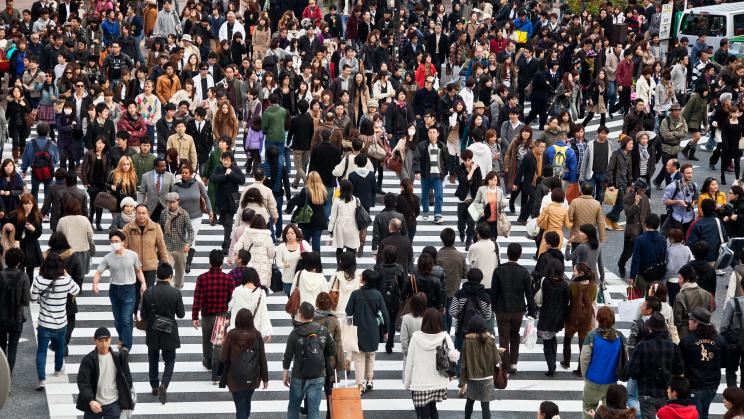
- Environmental Stewardship: Protecting the planet requires collective action to mitigate climate change, conserve natural resources, and promote sustainable practices. This includes transitioning to renewable energy sources, reducing carbon emissions, and preserving biodiversity.
- Social Cohesion and Empowerment: Building inclusive societies entails fostering social cohesion, empathy, and solidarity across diverse communities. Empowering marginalized groups through education, economic opportunities, and political representation is essential for achieving social justice and equity.
- Ethical Governance and Innovation: Harnessing the power of technology for good requires ethical considerations and responsible governance. Policies and regulations must ensure the ethical development and deployment of emerging technologies while safeguarding privacy, security, and human rights.
Conclusion: The 21st century presents humanity with unprecedented opportunities and challenges, from technological disruption to global health crises and environmental degradation. Navigating these complexities requires collective action, innovative solutions, and a commitment to values of sustainability, inclusivity, and ethical governance. By drawing on the lessons of the past and embracing the imperatives of the present, we can chart a course towards a more equitable, resilient, and sustainable future for generations to come. In the tapestry of human society, each thread represents a choice, a decision, a moment of impact. Let us weave a future that honors our shared humanity and nurtures the flourishing of life on Earth.
The 21st century presents humanity with unprecedented opportunities and challenges, from technological disruption to global health crises and environmental degradation. Navigating these complexities requires collective action, innovative solutions, and a commitment to values of sustainability, inclusivity, and ethical governance. By drawing on the lessons of the past and embracing the imperatives of the present, we can chart a course towards a more equitable, resilient, and sustainable future for generations to come. In the tapestry of human society, each thread represents a choice, a decision, a moment of impact. Let us weave a future that honors our shared humanity and nurtures the flourishing of life on Earth.

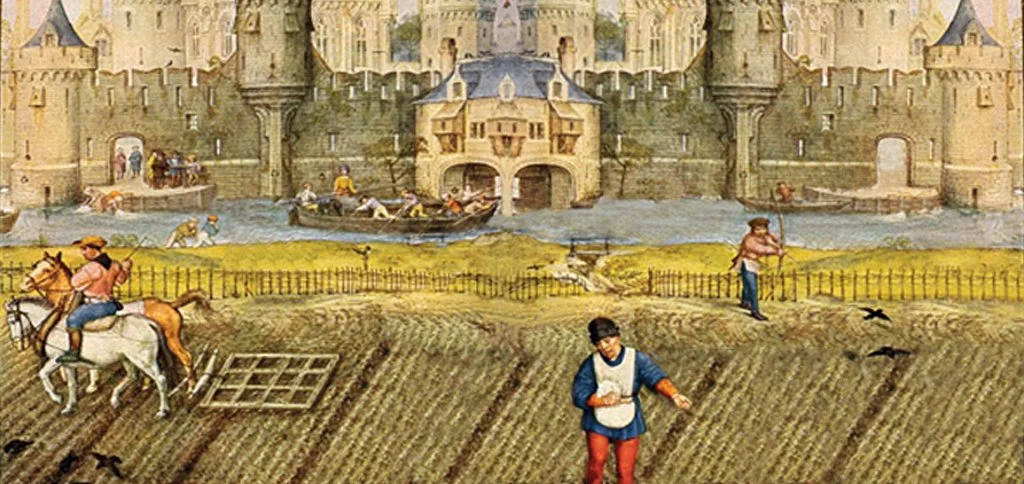












































![[LIVE] Engage2Earn: McEwen boost for Rob Mitchell](https://cdn.bulbapp.io/frontend/images/c798d46f-d3b8-4a66-bf48-7e1ef50b4338/1)


